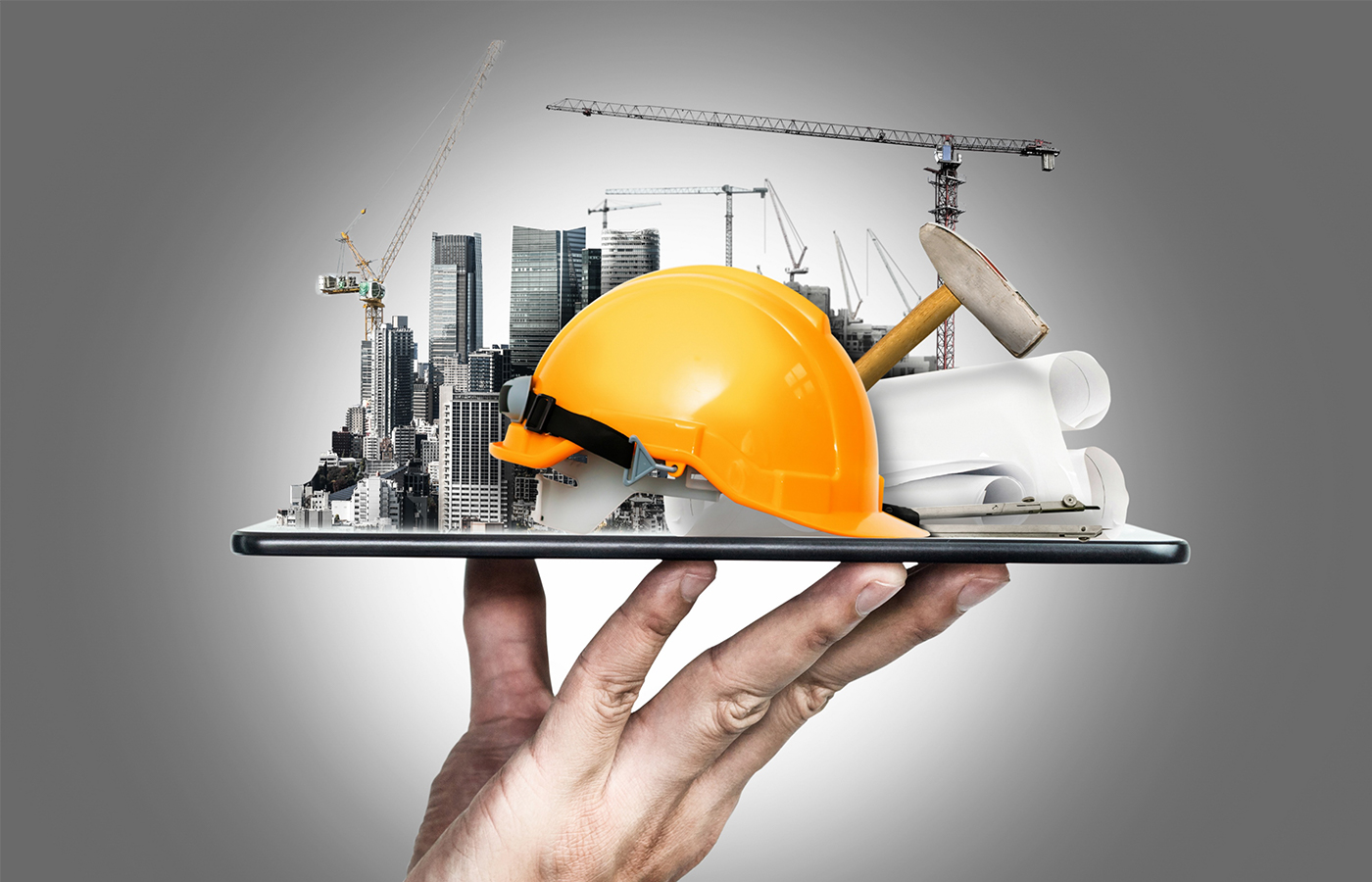The IoT Revolution in Construction: Building Smarter, Not Harder

At its core, construction is experiencing a revolutionary shift with the introduction of the Internet of Things (IoT). Gone are the days of sole reliance on manual labor and traditional construction techniques; now, more intelligent and more cost-efficient construction is happening daily thanks to IoT.
Today, IoT devices and intelligent technologies are integrating into construction processes, offering never-before-seen accuracy, safety, and efficiency. These advancements are reshaping the industry and redefining how we understand and approach construction.
Interested in streamlining your next construction project? Visit Trackunit and see how IoT construction, in collaboration with their telematics services, can help.
What is IoT in construction?
IoT is simply the network of devices with software, sensors, and other technologies embedded in them to connect and exchange data through the Internet. When applied in a construction context, IoT becomes an invaluable asset.
There are three main roles that IoT plays in the construction industry:
- Improving safety: IoT devices like wearables can monitor workers’ health in real-time, alerting them and management of any potential health risks or hazardous conditions. For instance, smart helmets can detect fatigue, impact, and overheating, helping prevent accidents before they occur.
- Enhancing efficiency: IoT devices can track the performance and usage of machinery, ensuring optimal utilization and maintenance. Real-time insights help in effective decision-making, reducing downtime and increasing productivity.
- Increasing accuracy: IoT-enabled tools and equipment ensure precision in construction processes. For example, IoT devices can guide workers to exact installation locations, reducing mistakes and rework.
How IoT is streamlining construction practices
By integrating IoT into construction practices, it’s streamlining several aspects of the industry.
Construction site monitoring
IoT sensors at construction sites can provide real-time updates about various parameters like temperature, humidity and air quality — information that could assist in detecting potential problems before they escalate into major headaches, saving both time and resources.
Also, by tracking weather conditions, project managers can plan tasks more efficiently, reducing downtime and enhancing productivity.
Equipment maintenance and management
IoT-enabled construction equipment can monitor its health, sending alerts when maintenance is due or malfunctions occur.
This proactive approach reduces unexpected breakdowns and prolongs the lifespan of machinery. Additionally, with GPS tracking, fleet managers can monitor the location of each piece of equipment, preventing theft and misplacement.
Supply chain management
IoT technology can also be applied to manage the supply chain more effectively. Sensors attached to supplies can provide real-time data about their location and status. This can help keep track of inventory, ensure timely delivery of materials, and reduce wastage due to overstocking or underutilization.
Building information modeling (BIM)
IoT plays a crucial role in implementing BIM – a digital representation of a structure/building’s physical and functional characteristics. IoT devices can give live data to be incorporated into the BIM model. This leads to more accurate project estimations and better project management.
Sustainable construction
IoT can help in reducing the environmental impact of construction. Sensors can monitor energy usage and waste production, providing data that can be used to develop more sustainable practices. Moreover, smart buildings, enabled by IoT, can optimize energy consumption and reduce their carbon footprint.
The future of construction IoT
The future of IoT in construction promises an even more integrated, efficient, and sustainable industry. Here are some ways it will further enhance the construction sector.
Automated construction sites
As IoT technology develops, we can expect to see fully automated construction sites. Autonomous machinery like 3D printers, drones, or robotic arms can execute tasks without human intervention, increasing accuracy and efficiency while minimizing worker injury risks.
Intelligent traffic management
IoT-enabled traffic systems will transform the way we manage site traffic. Smart traffic lights and signage can adapt to changing conditions, improving the flow of equipment and reducing delays.
Predictive maintenance
With the help of machine learning algorithms, IoT devices will not only monitor the health of machinery but also predict potential breakdowns before they happen. This will result in less downtime and savings in maintenance costs.
Advanced security measures
IoT technology can enhance site security, using facial recognition, biometrics, or RFID chips to control access to secure areas. This technology can also help locate workers in case of an emergency, increasing overall site safety.
Smart waste management
IoT can help manage and reduce construction waste. Smart bins can monitor waste levels and schedule collection when necessary. Meanwhile, IoT sensors can track the amount of waste produced, helping companies develop strategies to reduce their environmental impact.
The IoT revolution in construction – Conclusion
In conclusion, IoT is transforming the construction industry, making it safer, more efficient, and increasingly sustainable. Its application spans areas like safety measures, resource management, and environmental conservation.
With continuous advancements, the future holds even more promising potential for IoT in construction. Indeed, the dawn of smarter construction is here with IoT at the helm.
